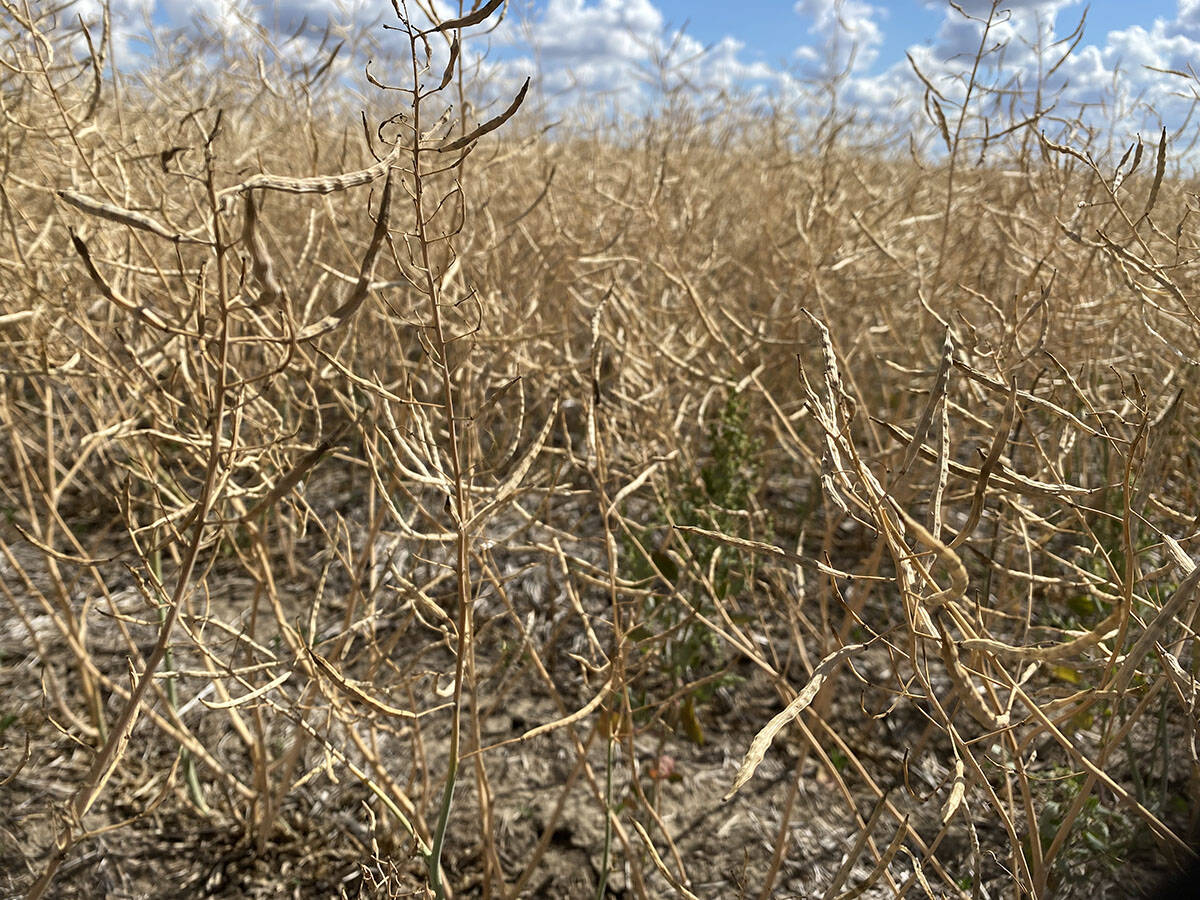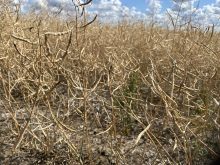The growing political battle between the federal government and dairy farmers over imports of a dairy substitute butteroil/sugar blend has its genesis in the arcane interpretations of trade law and tariff rules.
Since 1995, a handful of companies have been importing the product from New Zealand, the United States and Mexico for use in lower-grade ice creams.
It displaces Canadian cream and dairy farmers say the combination of lost market and resulting lower quotas has meant a $50 million annual income hit.
More importantly, they say it opens the door to creative circumvention of the supply management rules designed to protect dairy producers from cheap competition.
Read Also

Crop insurance’s ability to help producers has its limitations
Farmers enrolled in crop insurance can do just as well financially when they have a horrible crop or no crop at all, compared to when they have a below average crop
Food processors say they simply are following the rules.
What’s going on?
Continued protection
In 1994 when new world trade rules were signed, Canada was allowed to convert existing supply management volume import controls into high tariffs in order to continue protection for supply managed sectors.
Although government trade negotiators have denied it, dairy farmers insist they were promised this would protect them from all blends created to circumvent the rules.
In this case, there is evidence the blend was created specifically to avoid high tariffs, which are placed on any product that contains at least 50 percent dairy ingredient. The blend being imported is 49/51 percent butteroil and sugar.
However, Revenue Canada decided in 1995 this is a new product not subject to supply management protection.
Dairy farmers insist that was a bureaucratic error and demand the government reverse the decision.
But the government, its trade specialists and food industry lobbyists say trade rules do not allow a product to move from non-tariff to tariff status. If it happened, affected countries could retaliate.
“We operate in a rules-based system and it is important we adhere to it,” said agriculture minister Lyle Vanclief. “It is our protection in the marketplace.”
For affected farmers, this signals an unwillingness by government to enforce the trade rules it negotiated in 1993. It throws into question Liberal support for supply management.
For importers and trade lawyers, it is playing by the rules. The government insists the issue needs study, not precipitous action.















